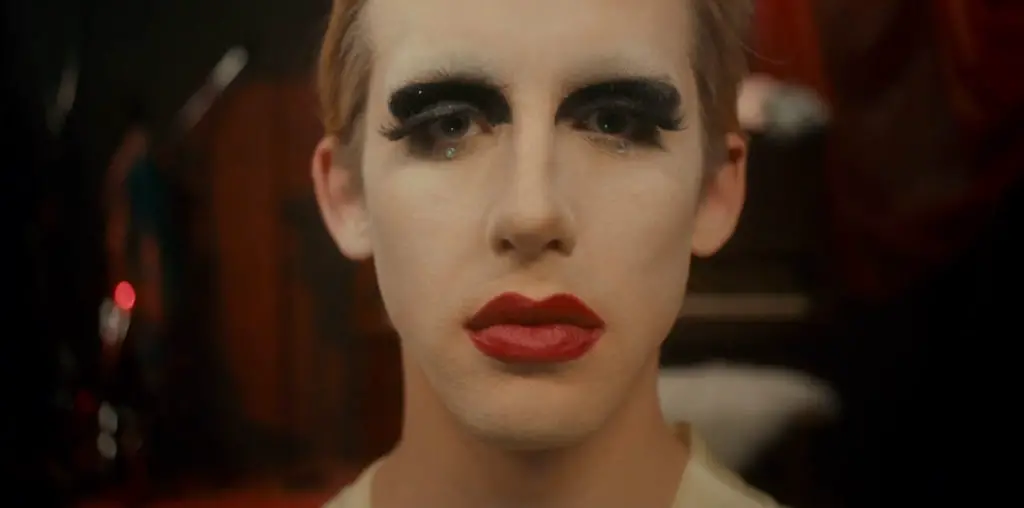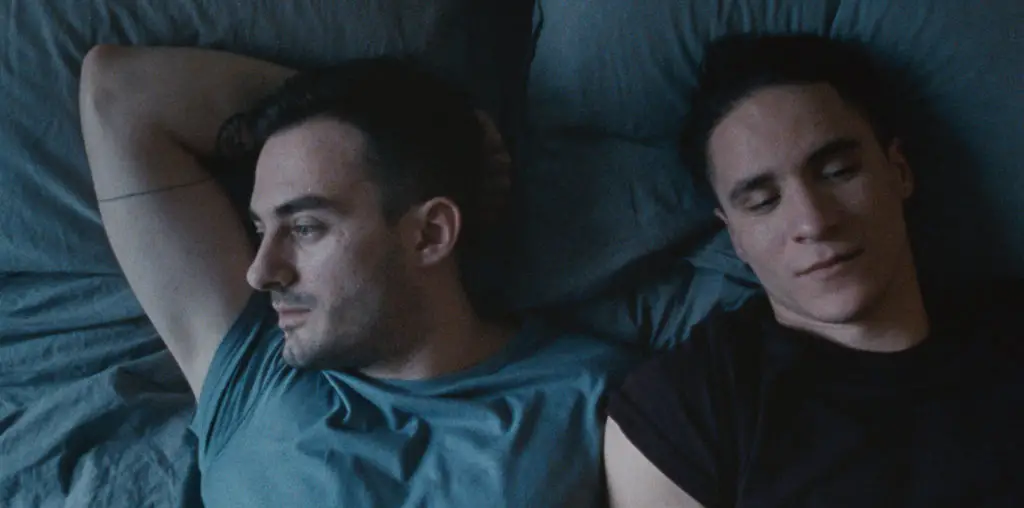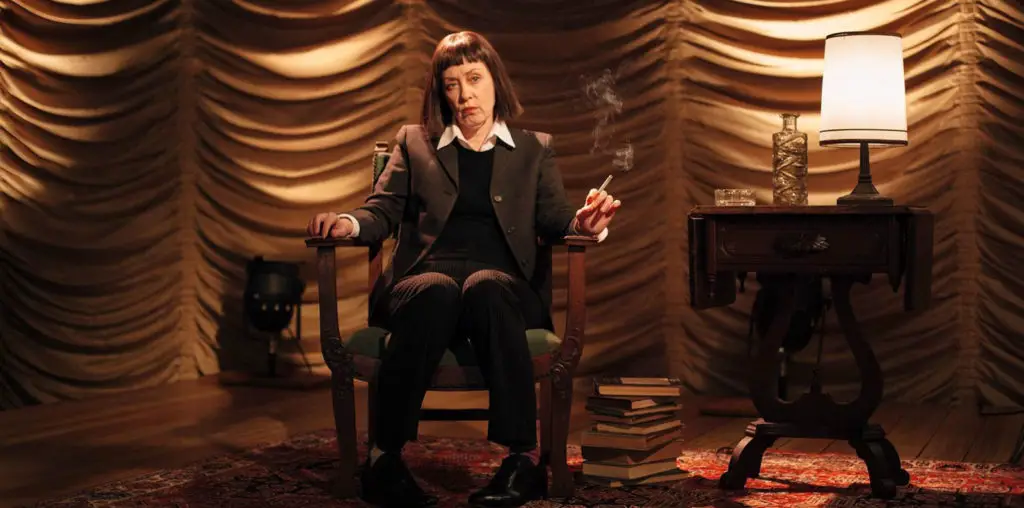
See You Then is a surprisingly sincere, often touching drama that succeeds in creating some real moments of human honesty. Kris (Pooya Mohseni) has returned to her hometown after 13 years in hopes of reconnecting with her ex-girlfriend Naomi (Lynn Chen). Many things have changed, starting with the fact that Kris was Naomi’s boyfriend of three years before suddenly disappearing without so much as a goodbye.
Now a trans woman and in a much better place, Kris hopes to repair the damage she did over a decade ago. Before dancing dangerously close to melodrama for its conclusion, writer-director Mari Walker and co-writer Kristen Uno create a very sweet film that explores the devastation, we cause in the wake of self-discovery while examining the endless struggle to be a good human.
The film begins with Kris and Naomi meeting in a parking lot outside a restaurant. Naomi sizes up her ex, who is now a woman with visible uncertainty. The two are polite, with Kris being the one to attempt hugs and other affections well before Naomi is comfortable with it. We learn that Kris now lives in Arizona and has her own support system in a small group of friends. Naomi married, has children, and is a professor at the college the two friends once attended. We learn of the bitter end to their relationship and the deep emotional scars that Kris left on Naomi. Yet the two persist in attempting to bridge the chasm of time lost.
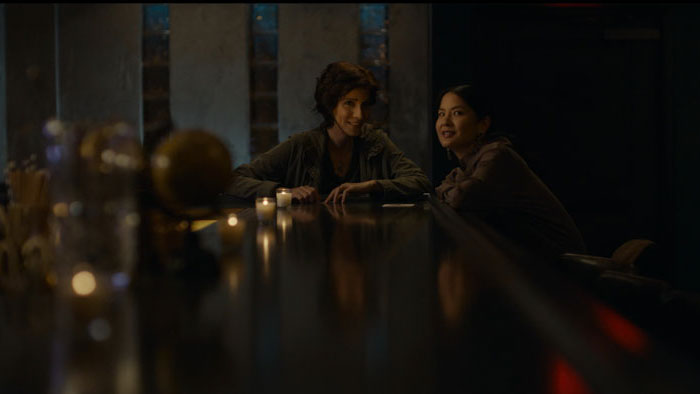
“Now a trans woman and in a much better place, Kris hopes to repair the damage she did…”
Fans of dialogue-heavy character studies will love See You Then. After the dinner between Naomi and Kris, the two old friends decide to go for drinks at a nearby bar. Along the way, they dot their chatter with details about their respective lives and reminisce about their wilder days. Occasionally the pair run into Naomi’s co-workers from the college. Professor Peter Gleason (Danny Jacobs) allows the two women to laugh at misogynist tendencies while sparking a funny conversation about Kris’ vantage point of having been a man and now experiencing womanhood.
The conversational dialogue crafted by Uno and Walker feels natural, and that is what makes most of the movie work so very well. The entire film is one long conversation that seems to flow organically, and that is a hell of a hard thing to do. It also helps that Walker cast gifted actors as the leads. Mohseni and Chen carry the drama together, and the two have believable chemistry together.
Still, the downfall of the film comes in its climax as the dark secrets of the past finally boil to the surface. Confined to a single night, the film is forced to have things escalate quickly in such a way that feels almost like another story. To her credit, Walker gives every scene a lovely polish that binds everything together.
See You Then isn’t perfect, but it is sincere. Its aim is true, and the message of evolution, healing, and growth is sorely needed.
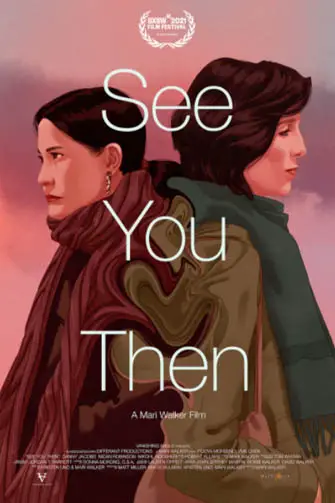
"…sincere. Its aim is true..."
